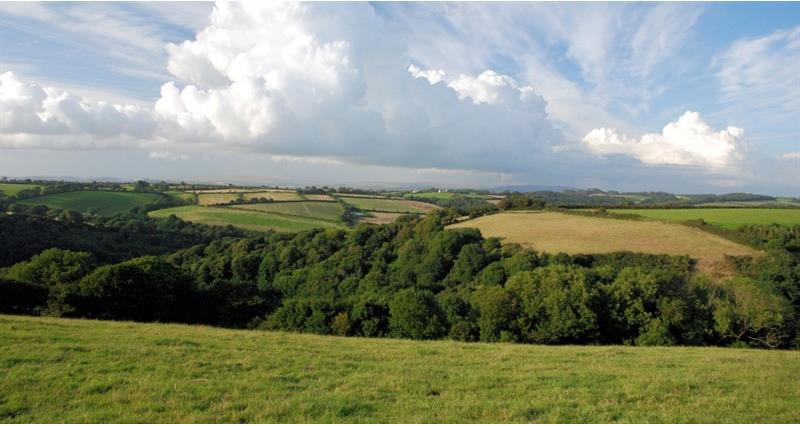The report, Assessing the Impact of Agricultural Transition, was funded by the Cornwall & Isles of Scilly Local Enterprise Partnership (LEP), Dorset LEP, the NFU and the Heart of the South West LEP to shed light on the impact new payment schemes will have on the farming and rural community across the South West.
As farmers transition from BPS to the new Environmental Land Management schemes (ELMs), they will receive direct support for better land and nature management, and by 2027 BPS funding will be completely phased out.
A difficult transition
The report points out that this transition is proving difficult, the replacement Sustainable Farming Initiative (SFI) has had an uncertain start in the region and the package of support is expected to be worth much less overall.
Researchers found that in 2020 Cornwall and the Isles of Scilly received £51.6m in BPS payments, Devon £99.2m, Dorset £38.3m and Somerset £53.3m – a total of £242.4m.
Adding the amounts due to be deducted from this sum for each year of the transition period (2021 to 2027) shows that the total BPS amount lost from the rural economy of the Great South West area will be £883.7m by the end of 2027.
Work done last year in Gloucestershire found the county would lose £180m during the transition period.
Knock-on effects
The report indicates that with hundreds of millions of pounds less to spend on materials and services, there will be a significant knock-on effect for jobs in the local economy.
And as between a quarter and half of BPS money is spent on businesses supporting the farming sector there will also be a reduction of between £220m and £440m in the next five years for feed merchants, machinery retailers, contractors, vets, solicitors and many others. In turn this will reduce their own spending power in the rural economy.
“The scale of reductions in available funds to businesses laid bare by this report is considerable and can’t be ignored.”
Melanie Squires, NFU South West regional director
Disproportionate hardship
Chris Short, Associate Professor in Environmental Governance at the University of Gloucestershire and lead researcher on the report, said: “The impact of the new ELMs programme on the South West’s agricultural sector cannot be overstated.
“As many farms in this region are typically small, family businesses, farmers are likely to see disproportionate hardship, just as living and business costs continue to rise across the country.”
Holistic approach needed
Melanie Squires, NFU South West regional director, said: “As our family farming, food producing businesses, related supply chains and the wider rural economy battle with significant cost inflation, the scale of reductions in available funds to businesses laid bare by this report is considerable and can’t be ignored.
“The effects will be multiplied, as the wider counties, regional economy and benefits to local communities will be impacted too, and that is why we are seeking Government support for a whole farm approach to holistic business advice and support at a period of already significant change.”
Support for rural economy
Karl Tucker, Chair of the Heart of the South West LEP, said: “The loss of farm income outlined in this report will have an impact across the rural economy.
“It is vital that we all work together to tackle those challenges.
“Local authorities are developing plans to allocate funding from the UK Shared Prosperity Fund. High quality support for the rural economy must be fully incorporated into their proposals.”
